How to Be a Financial Minimalist: Frugal Living & Budgeting Tips

Being a financial minimalist has truly simplified my life. Once you've applied minimalism to your lifestyle, you can really start to see the difference. It can even be fun to figure out new ways to save some money, be intentional about your spending habits, and be in control of your finances.
I live frugally to have more financial freedom and be less reliant on income. It gives me peace of mind to know that I don’t need much to live happily. Living minimally allows me to work less and do more of what I love. I refrain from spending money on things like owning a car or going on expensive trips. I don’t waste money constantly buying new things or going out for dinner and drinks.
I hate to have clutter pile up in my home, so buying less makes sense. Living frugally is also better for the environment. Buying second-hand and DIYs enables us to produce less waste and preserve what we already have. I love making things myself, whether it's cooking from scratch or making homemade beauty products.
The most effective way to start saving money is to look at your entire budget. Get a clear idea of your income and expenses. If looking at your finances makes you feel uncomfortable, that is likely a sign that it's necessary.
Confront your past financial mistakes and forgive yourself. Facing yourself is the only way to move forward and make better choices in the future.
Once you know what you're spending money on, you can get clear on the essentials. What are your expenses per month for rent, insurance, and other things you can't easily change? I recommend choosing a place to live that is inexpensive because it saves you a lot of money every single month.
I think it's important to admit to yourself that living in an expensive place is a choice and that is totally okay if it's a conscious choice. It's important to take ownership of your choices and empower yourself. Stand behind choices that align with your values.
Once you've covered the basic expenses, look at the rest of them. Make different categories like food, entertainment, etc. Look at expenses from the past six to twelve months to get an idea of how much you spend on average.
Before every purchase I ask myself, ‘Do I need this?’ There's a big difference between needing and wanting. If it's not a big yes, it's a no.
If there are categories in which you’re unsure where your money is going, make sure to track it in the upcoming month. For example, if you spend a lot of money on food but don't really know what you're buying, keep the receipts of everything you buy and make a list at the end of the month. This way you can evaluate which items you need and which items you can live without.
If you spend a lot of money on eating out, try to cook different meals yourself. Get creative with your cooking and see if you can make your favorite restaurant dishes at home.
Enjoying life shouldn’t have to cost money. If you feel like you need to spend money to have a good time, maybe you need to find new ways of enjoying life. Something like going on a hike, for example, is free and pleasurable.
After you've taken your basic needs into account see how much money you have left to put in automatic savings. Set up your bank account so it automatically puts a fixed amount in your savings account the day after you receive your salary every month. This is your nonnegotiable savings for emergencies.
Once you’ve examined your necessary expenses it's time to look at the things you buy every now and then. Clothing, electronics, and hobby materials all fall into this category. I am a big advocate for fewer items that are of higher quality. Buying second-hand allows you to find quality items for a better price.
When it comes to home appliances it’s probably best to buy new instead of second-hand because the newer appliances are more energy efficient. In general, the middle price items are the best value for your money. They are pretty good quality with reasonable specifications.
When considering a major purchase it’s helpful to look at the cost per use of an item to help you decide how much money you are willing to invest. Divide the price by the number of times you think you'll use it. The more you use an item, the less expensive each use is. Thinking about a purchase for one or two weeks can really help you get over the temporary excitement and help you see more clearly.
I make sure to keep a minimum amount of money in my bank account for unexpected expenses. It provides peace of mind. Pick an amount that fits your situation and puts your mind at ease.
At the end of the month, check how much money is left in your account. If you’re left with more than your minimum amount, put the remaining amount in your savings account. If the remaining amount is less than your minimum, take money out of your savings to replenish the minimum again.
Of course, the goal is for this to be an exception. Once you’ve gotten a hang of managing your budget this should only happen in an emergency or once in a blue moon.
I've found a good balance between how much I make and how much I spend. I'm very content to live a frugal, minimalist lifestyle. I appreciate what I have a lot more, and I value financial stability over short-term gratifications.
How to be a financial minimalist
These days I have less desire for material goods because I am content on a deeper level. This makes financial minimalism fairly effortless. Explore your habits as well as your peace of mind. Being good with money and living frugally requires a great deal of mindfulness.
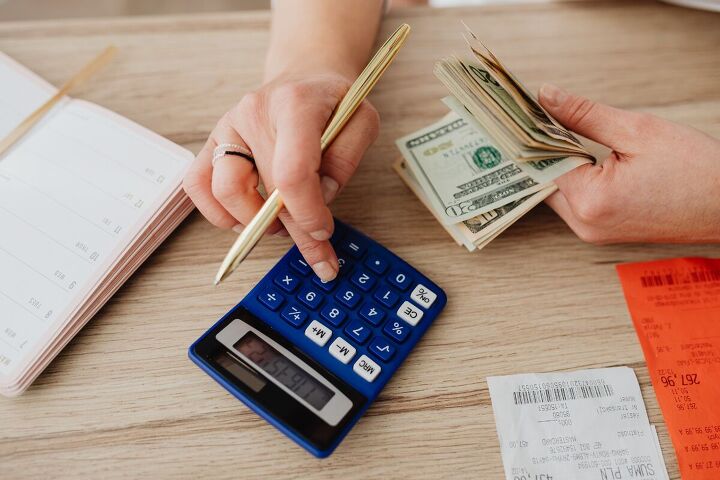


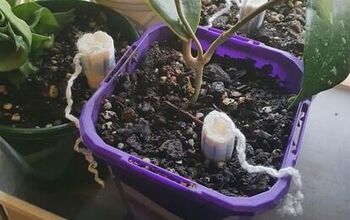
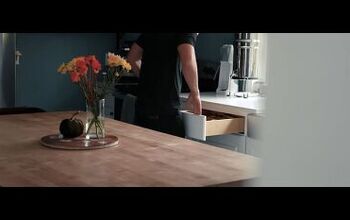






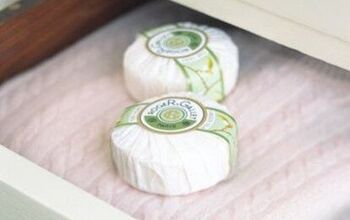
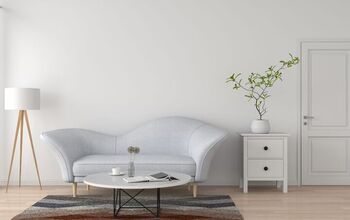

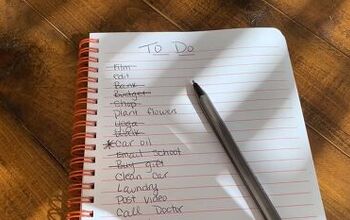

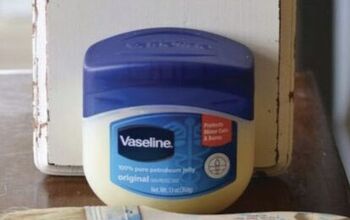


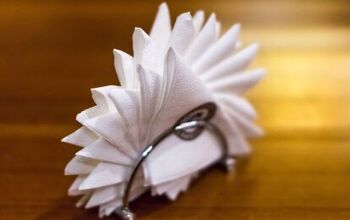

Comments
Join the conversation
I have implemented most of the strategies mentioned in the article. There are a few more that have helped me: making use of grocery rewards (free) and credit card rewards (use cards with no annual fee, buy everything on credit, pay full balance every month). The money you get back is your money. The current inflation situation has caused me to buy only grocery items that are on sale (in most cases the price before inflation) or items on clearance and to be flexible with my menus. I recently purchased two well known grocery brands, the food was not as advertised, I wrote the company and received coupons for free items - don't be afraid to ask - you paid to obtain acceptable items, don't accept less. Note: everyone should have an emergency fund even if you can only save a couple of dollars a month it adds up over time - on-line savings accounts often pay more than brick and mortar banks.